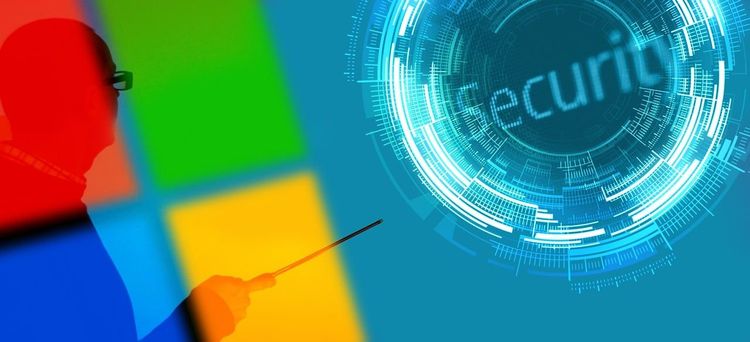OpenAI’s GPT Store has officially launched, but third-party creators of GPTs will need to wait until later in the first quarter of 2024 to start earning revenue from their custom GPTs. Currently, the revenue-sharing mechanism is not operational.
You might wonder: How can it be called a "store" if creators can't monetize their work yet? Let's dive into the details.
What is the OpenAI GPT Store and Why Does It Matter?
The GPT Store was introduced at OpenAI’s inaugural developer conference, DevDay, in November 2023. This event gathered developers in San Francisco who are creating products and services based on OpenAI’s popular AI models, including GPT-3.5 and GPT-4. There has been significant excitement surrounding the GPT Store, with industry experts drawing parallels to the launch of the Apple App Store in 2008—a highly successful digital marketplace allowing developers to sell their apps, with Apple taking a 30% cut of sales.
However, the current version of the GPT Store is more limited than the initial App Store, and the revenue-sharing details remain unclear.
How Can Third-Party Creators Build GPTs?
Understanding the GPT Store begins with the GPT Builder, a new feature introduced at DevDay that allows ChatGPT Plus and Enterprise subscribers to create customized versions of ChatGPT. This feature enables users to develop specialized GPTs tailored for tasks like generating GIFs, rapid product prototyping, or analyzing social media posts for engagement tips. OpenAI reports that creators have already built over 3 million custom GPTs.
The appeal of custom GPTs lies in their ability to streamline tasks. For example, I can simply paste an email into my custom GPT email responder, which instantly generates a relevant reply—eliminating the need for extensive prompts.
Unlike app marketplaces that require programming skills, the GPT Builder allows anyone with an Internet connection, a keyboard, and a ChatGPT subscription to create their own GPTs easily.
Why Does the GPT Store Exist?
Previously, users could only access GPTs through direct links from creators, lacking a centralized platform. The GPT Store aims to serve as a hub for discovering and utilizing custom GPTs, with the promise of monetization akin to traditional app stores.
OpenAI CEO Sam Altman emphasized at DevDay that the GPT Store would compensate developers of highly useful and frequently used GPTs, fostering a vibrant ecosystem.
Challenges and Delays
Though the GPT Store was expected to launch in late November, it faced delays due to internal changes within OpenAI. Now, two months later, the Store is live, but revenue-sharing details are still pending.
Upcoming Revenue Share in Q1 2024
While the GPT Store is accessible to users to explore and list their GPTs, the revenue-sharing program is set to roll out in Q1 2024. This initiative will initially compensate U.S. developers based on user engagement with their GPTs, though specific metrics and payment criteria remain unclear.
OpenAI has yet to outline how engagement will be measured—such as whether it includes casual users, repeated interactions, or creator usage—adding some uncertainty for developers.
Current Offerings of the GPT Store
Despite the lack of a payment mechanism, the GPT Store features a community leaderboard showcasing popular and trending GPTs. Users can explore categories like DALL·E, writing, research, programming, education, and lifestyle.
OpenAI will regularly highlight useful GPTs, beginning with a selection that includes personalized trail recommendations from AllTrails and coding tutorials from Khan Academy's Code Tutor. These Featured GPTs are primarily developed by organizations rather than individual developers.
Enterprises looking to leverage the generative AI trend would benefit from engaging with the GPT Builder and Store, even if immediate revenue isn’t a guarantee. It provides a platform to showcase brands and drive user engagement, all without the need for coding skills—making it an opportune moment to explore this innovative avenue.







